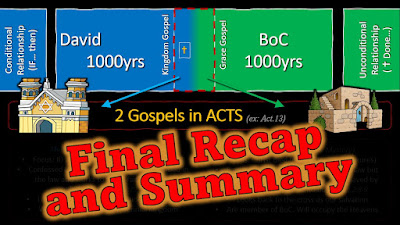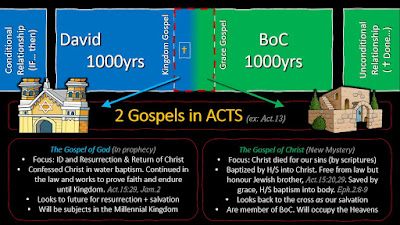The Difference Between Covenant and Testament
The Bible is a story of God's relationship with humanity, presented through two major frameworks: covenants and testaments. These frameworks reveal how God has interacted with His people at different times in history and highlight His unfolding plan of redemption. To properly understand the Bible, it is essential to distinguish between the Old Covenant, the New Covenant, and the New Testament. This article will clarify their differences, timings, and significance, while addressing how we as believers ought to understand and apply scripture in the right context.
The Old Covenant: Israel’s Conditional Agreement Under the Law
The Old Covenant was a formal agreement established between God and Israel, made at Mount Sinai, where God gave His Law and instructions to Moses for the nation. This covenant was conditional, meaning that the blessings God promised—such as material prosperity, land inheritance, and protection—depended on Israel's obedience to His commandments. The Old Covenant emphasized external compliance to a legal code and served as a way to teach humanity about God’s holiness and the sinfulness of mankind.
The blessings of the Old Covenant were tied to obedience, as outlined in Deuteronomy 28:1-14. These blessings included abundant crops, military success, and God's direct presence among the people. However, failure to obey led to curses, as described in Deuteronomy 28:15-68, which highlighted the consequences of turning away from God. The sacrificial system was central to the Old Covenant, as the blood of animals temporarily atoned for sin, providing a means for Israel to maintain fellowship with God.









